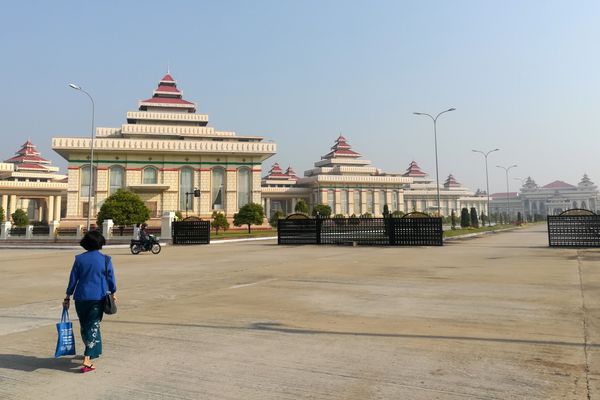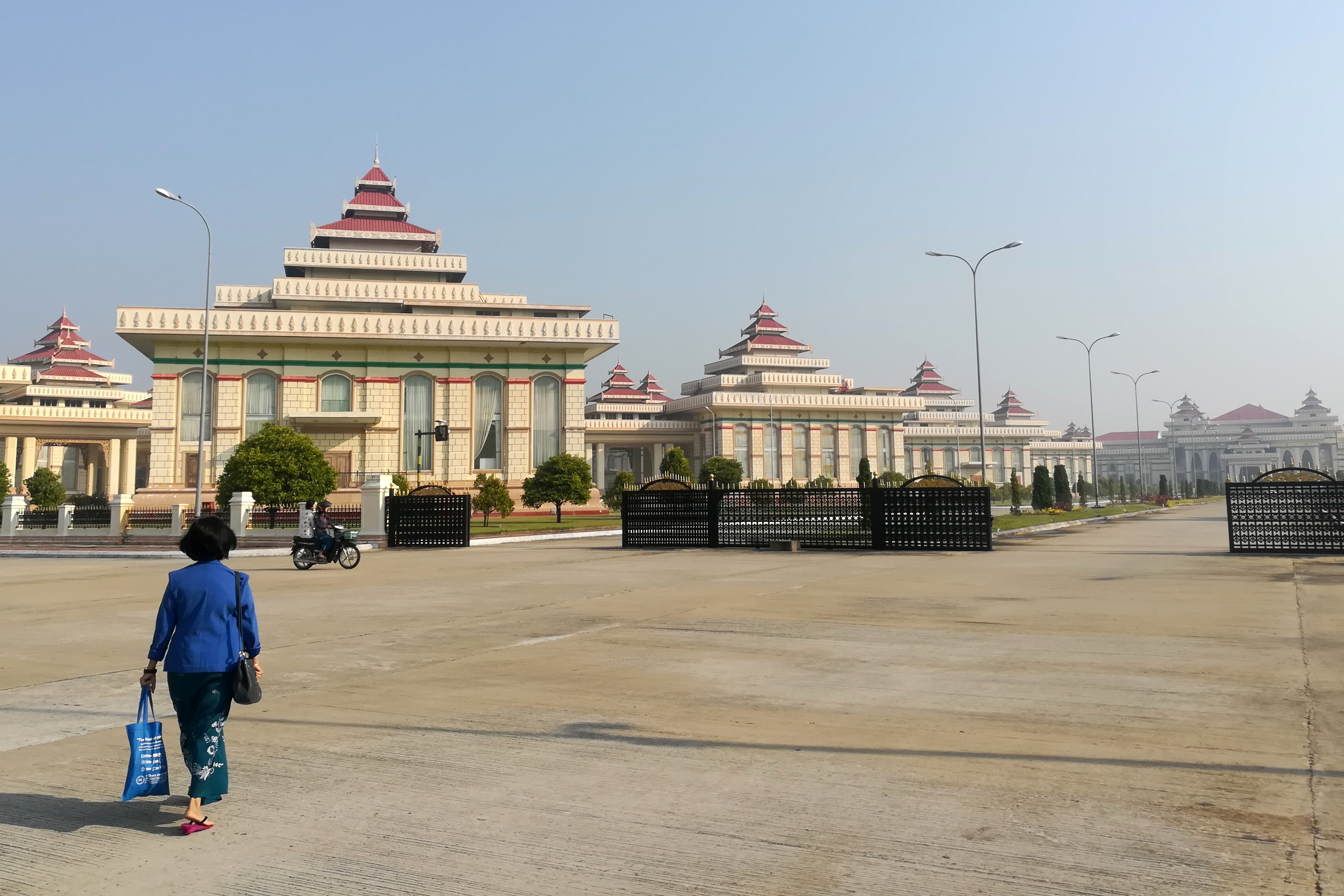PHNOM PENH, Sept 14 — Myanmar has warned of stern actions against human traffickers who arrange fraudulent marriages to smuggle women abroad for exploitation.
State media The Global New Light of Myanmar reported Home Minister Lt-Gen Tun Tun Naung as saying that numerous cases have surfaced of local women being recruited through legal marriages and later taken to neighbouring countries.
“These misleading methods have resulted in the discovery and conviction of those who facilitated weddings between Myanmar women and foreign citizens, as well as middlemen who behaved illegally.
“More incidents were found where people were recruited domestically to create and disseminate sexually explicit videos via online platforms,” said Naung, who is also the ministry’s Central Body for Suppression of Trafficking in Persons chairman.
He revealed the modus operandi of the crime in his message published in the state media today, marking the 13th Myanmar Anti-Trafficking in Persons Day yesterday.
Naung added that women continue to fall victim to human trafficking, not primarily due to poverty, lack of education, or knowledge, but due to various socioeconomic factors that push them into this heinous trap.
“It is frequently fuelled by a larger and more complex set of underlying causes. These include the financial burden of seeking further education, the desire to earn more money to support one’s family, and the desire for a higher standard of living,” he said.
A 2020 United Nations' report on "The Gendered Dynamics of Trafficking in Persons Across Cambodia, Myanmar, and Thailand" said trafficking is prevalent across the Greater Mekong subregion and there is an urgent need for tighter border control and efforts to prosecute traffickers.
“Myanmar is primarily a source and transit country for human trafficking, with most cases involving the trafficking of girls and young women to China for forced marriage.
“Trafficking of men and women (boys and girls) to Thailand and Malaysia often starts as labour migration, with survivors being trafficked at the destination,” said the report.
The minister noted that emerging modern technologies are fuelling human trafficking, where victims are lured into fraudulent online gaming and financial scams.
“Changing socioeconomic conditions and technological breakthroughs drive the evolution of human trafficking patterns. Traffickers are increasingly using internationally available social media channels to carry out complex scams, targeting people of any age or social background.
“This indiscriminate vulnerability emphasises the widely held belief that no one is immune to trafficking,” Naung said.
Myanmar deported over 9,000 foreigners involved in online scam operations in the country between January and May this year.


